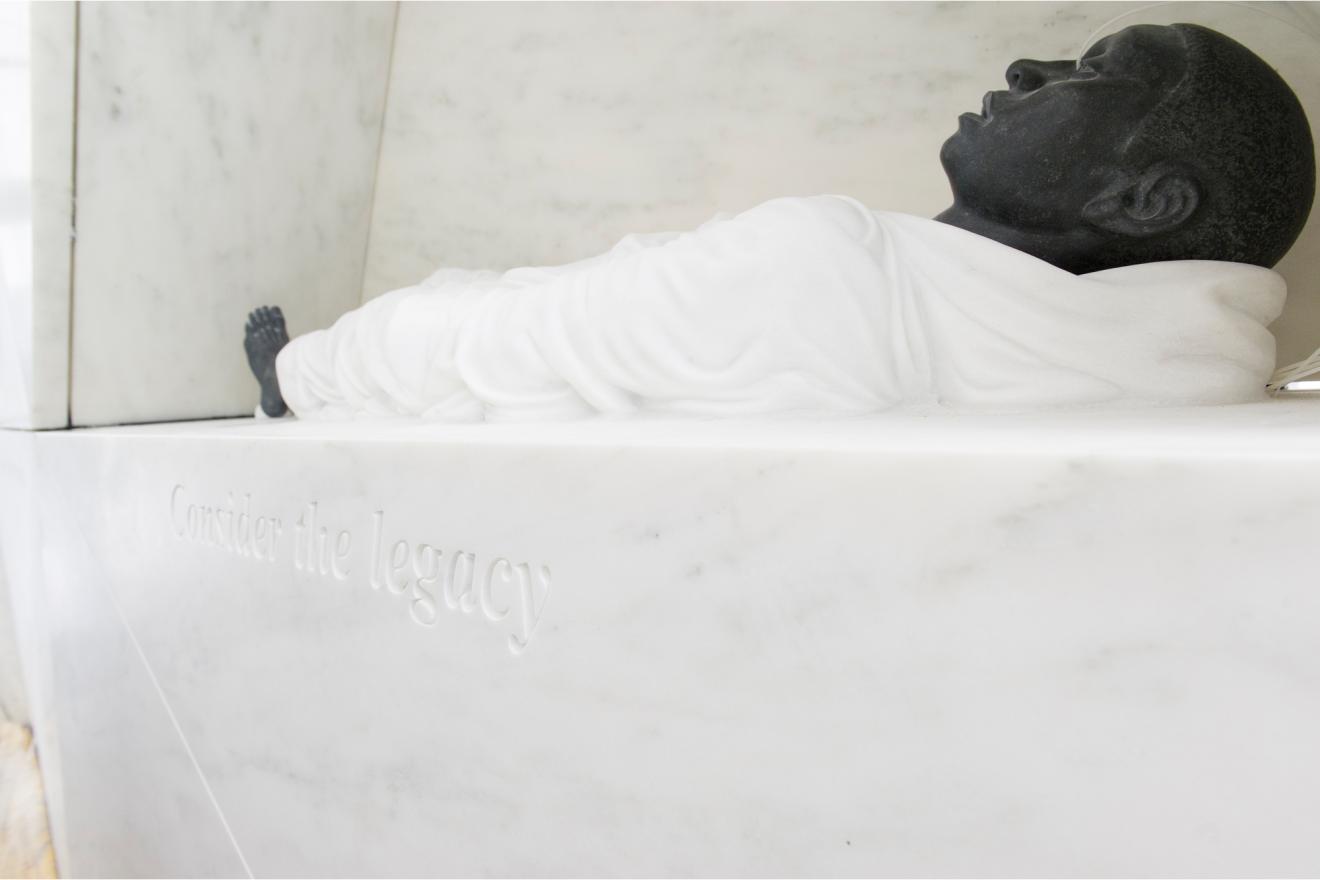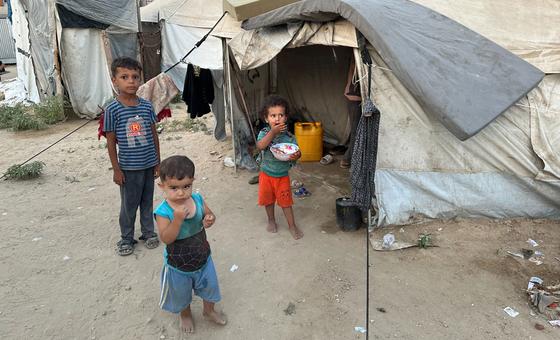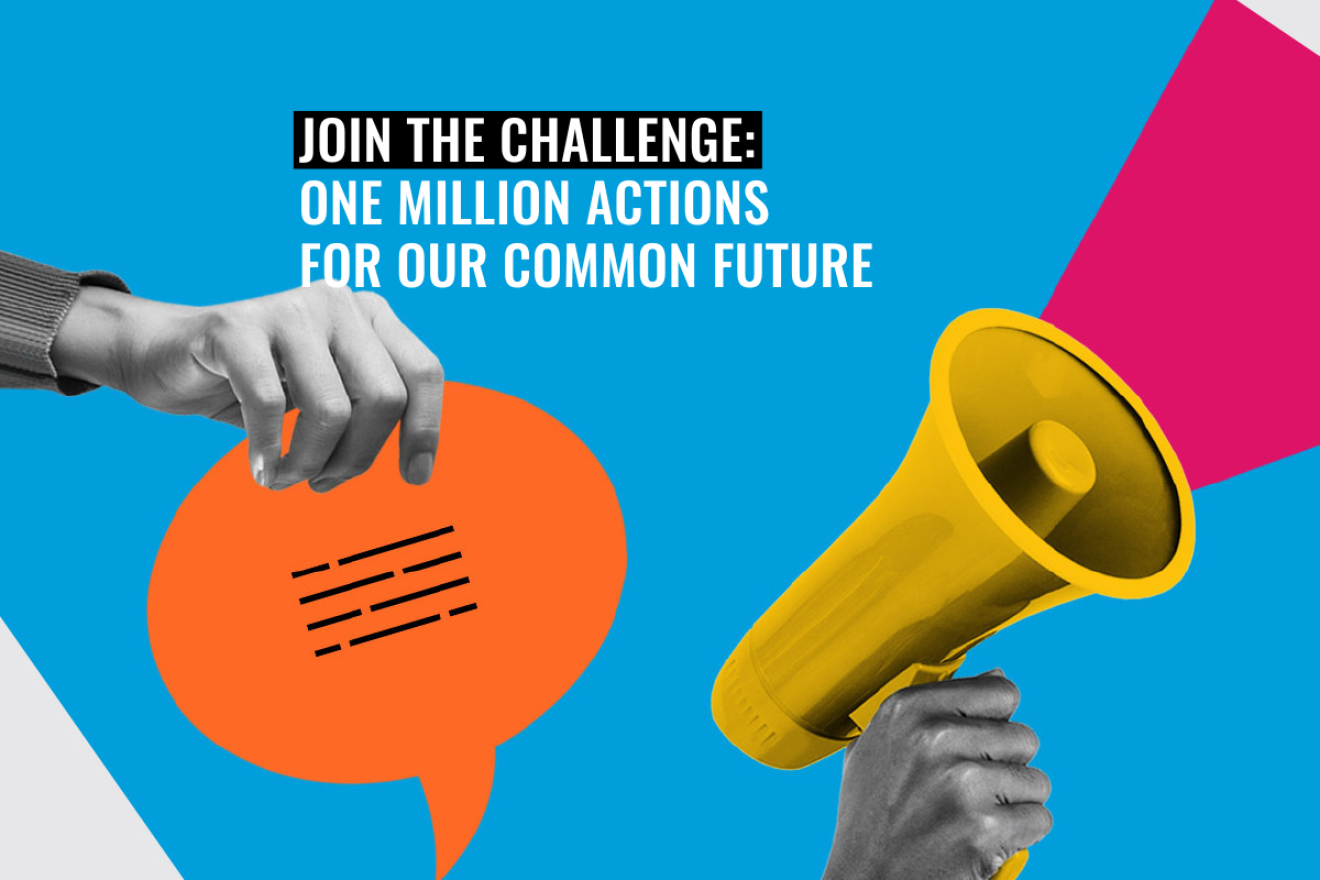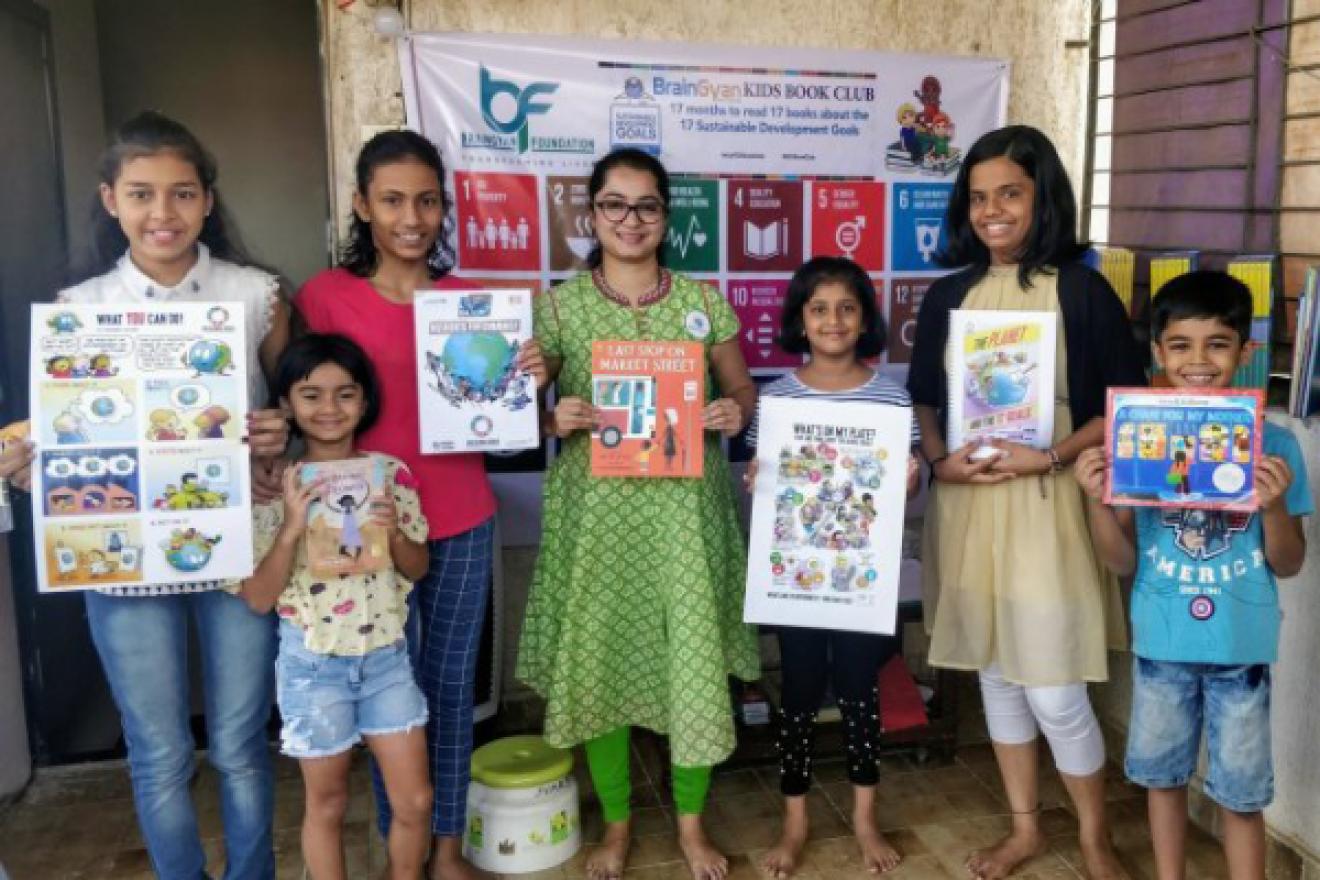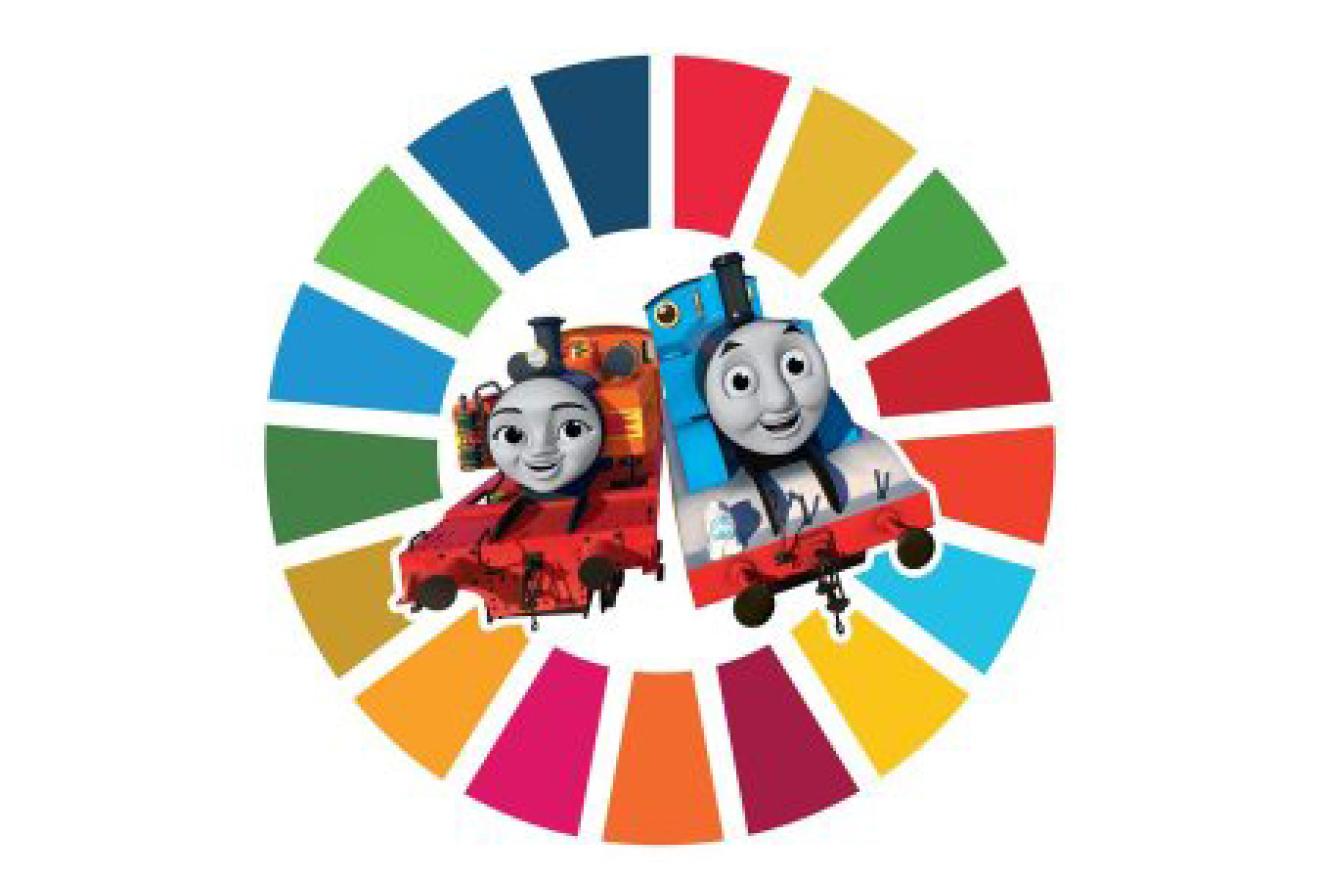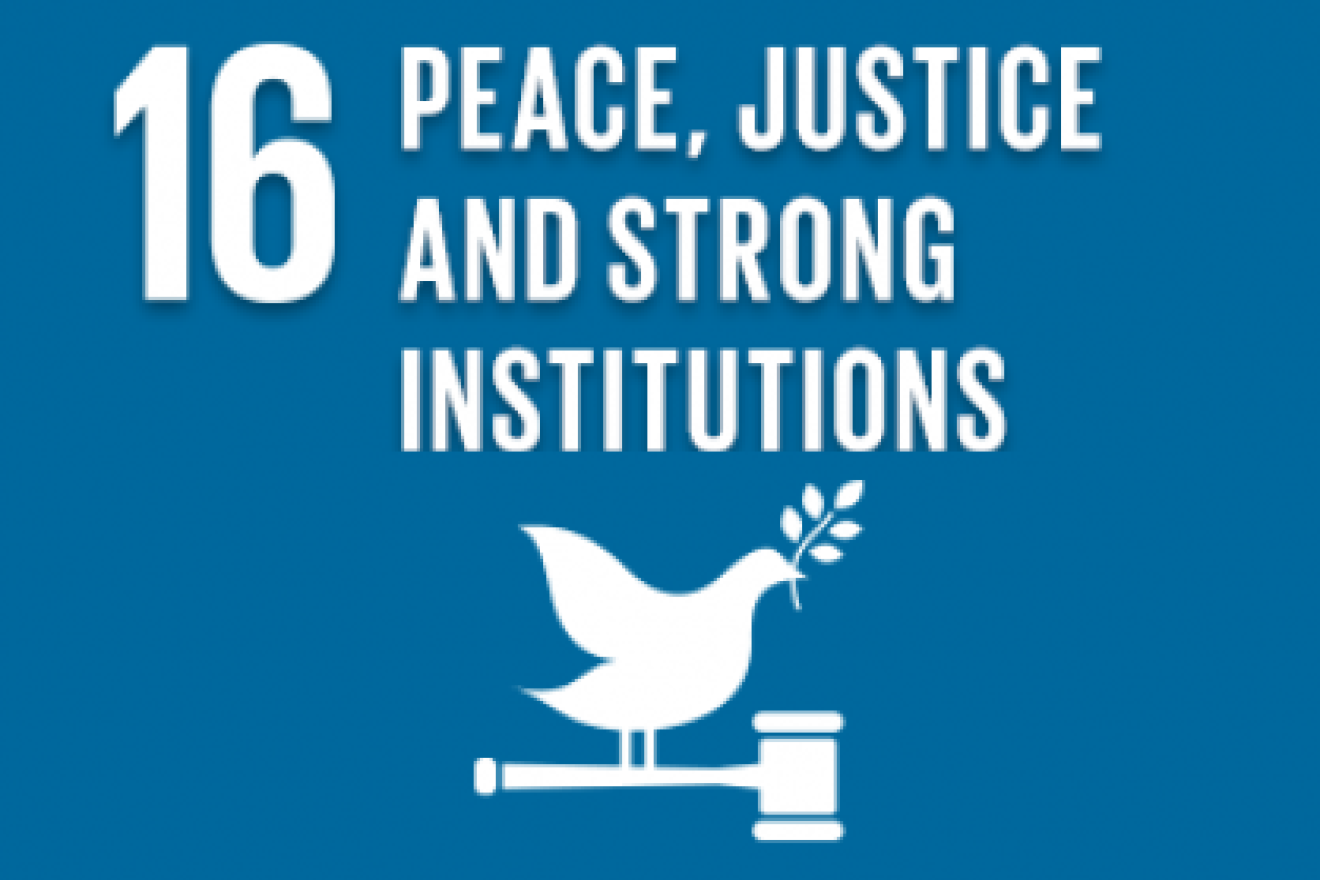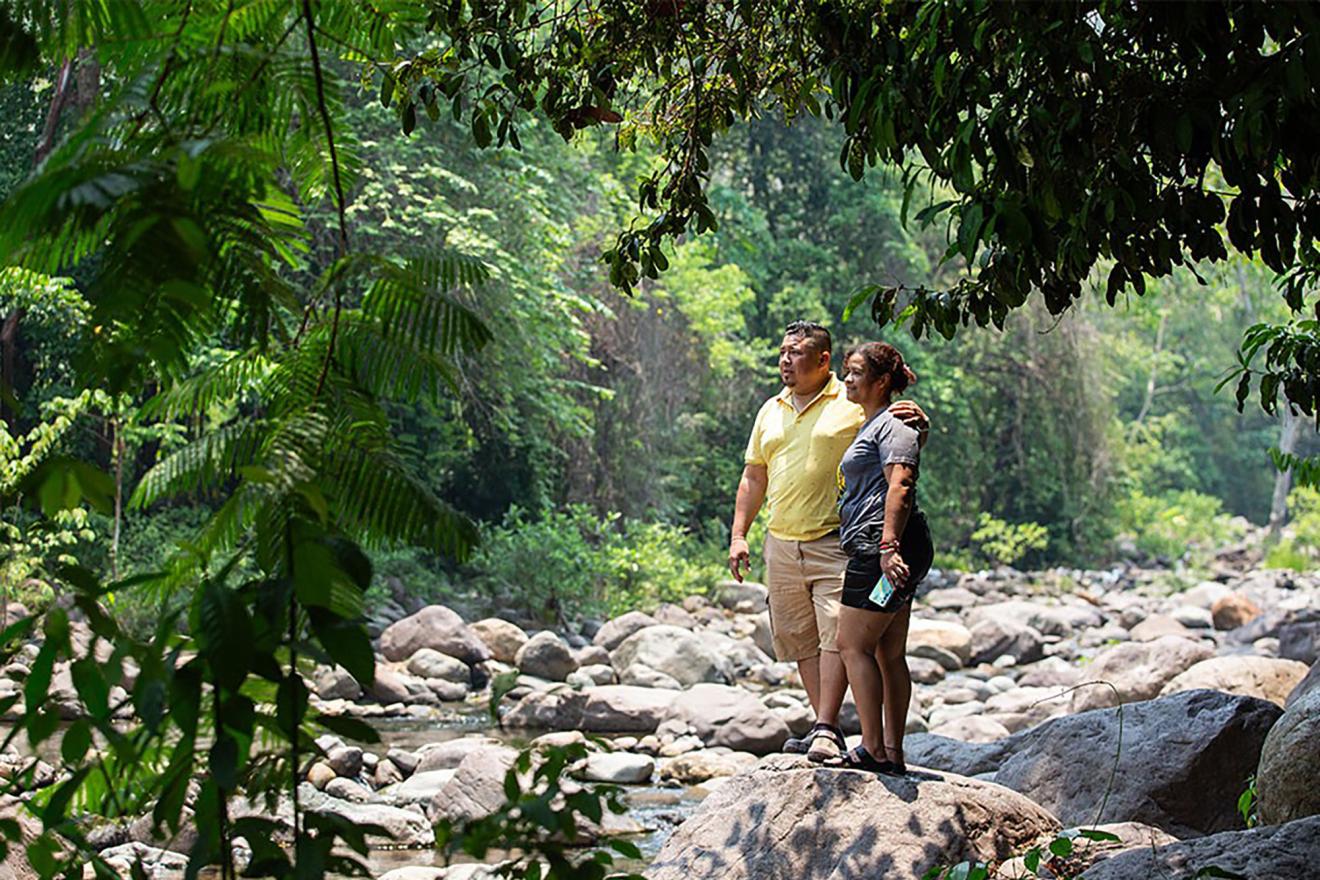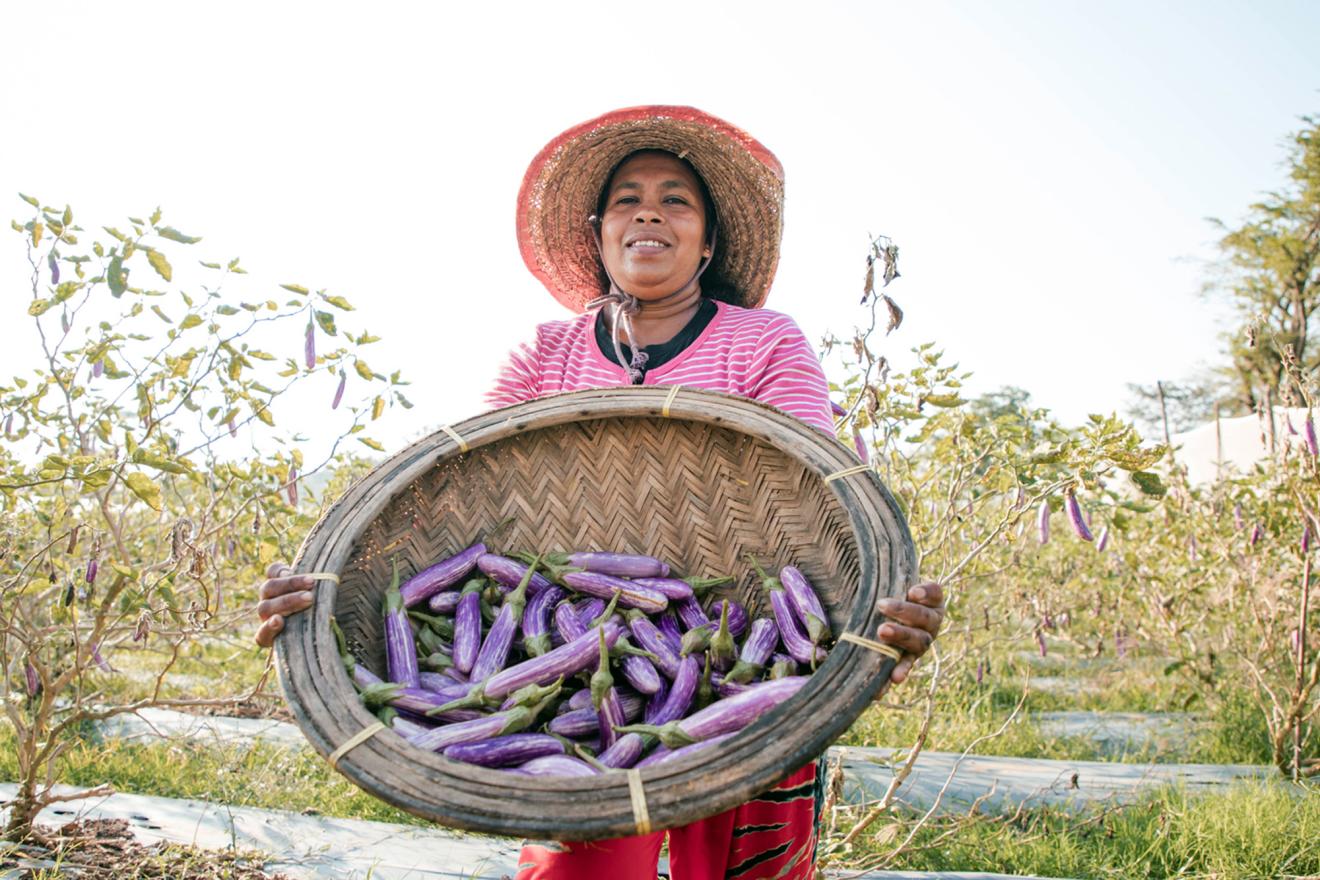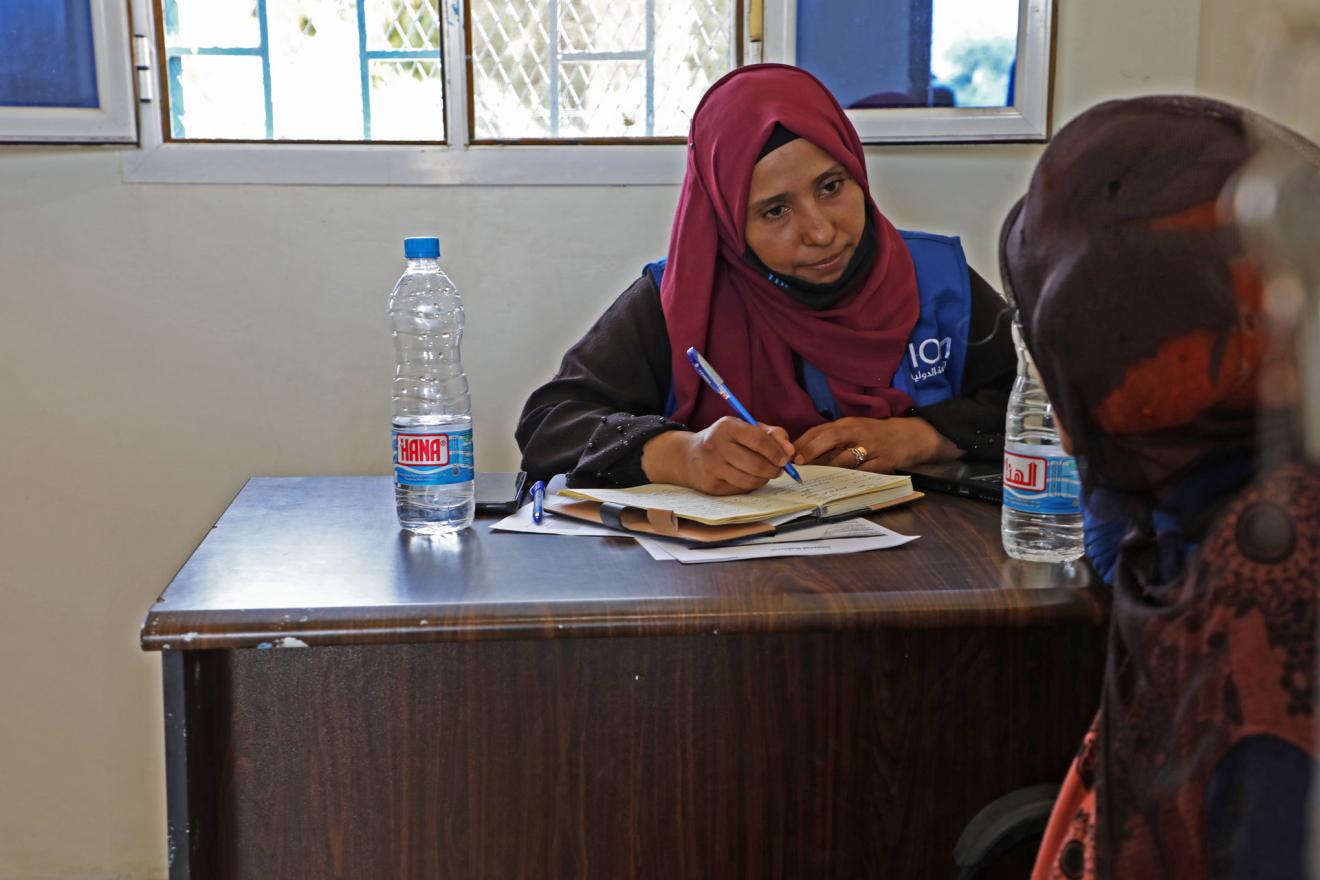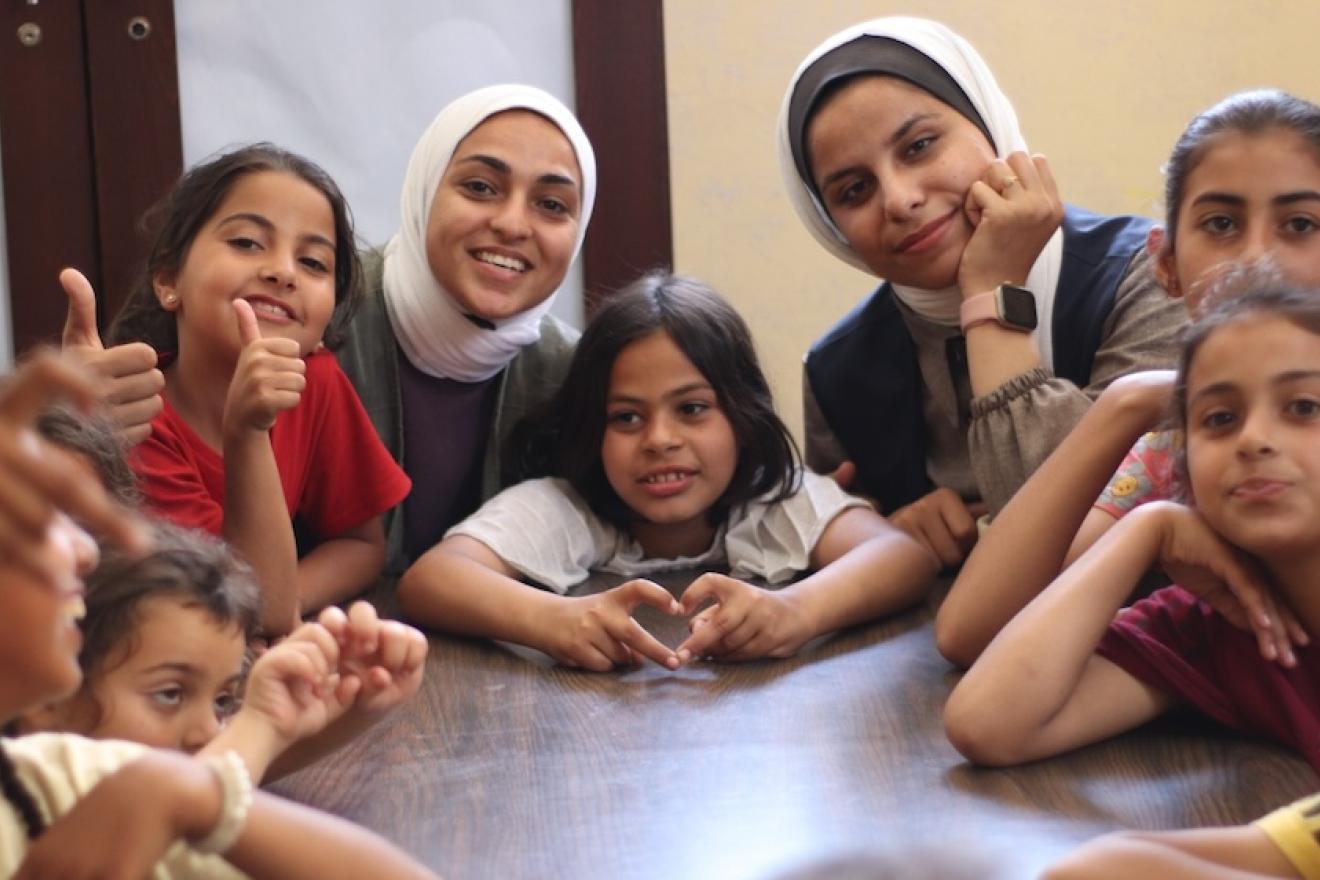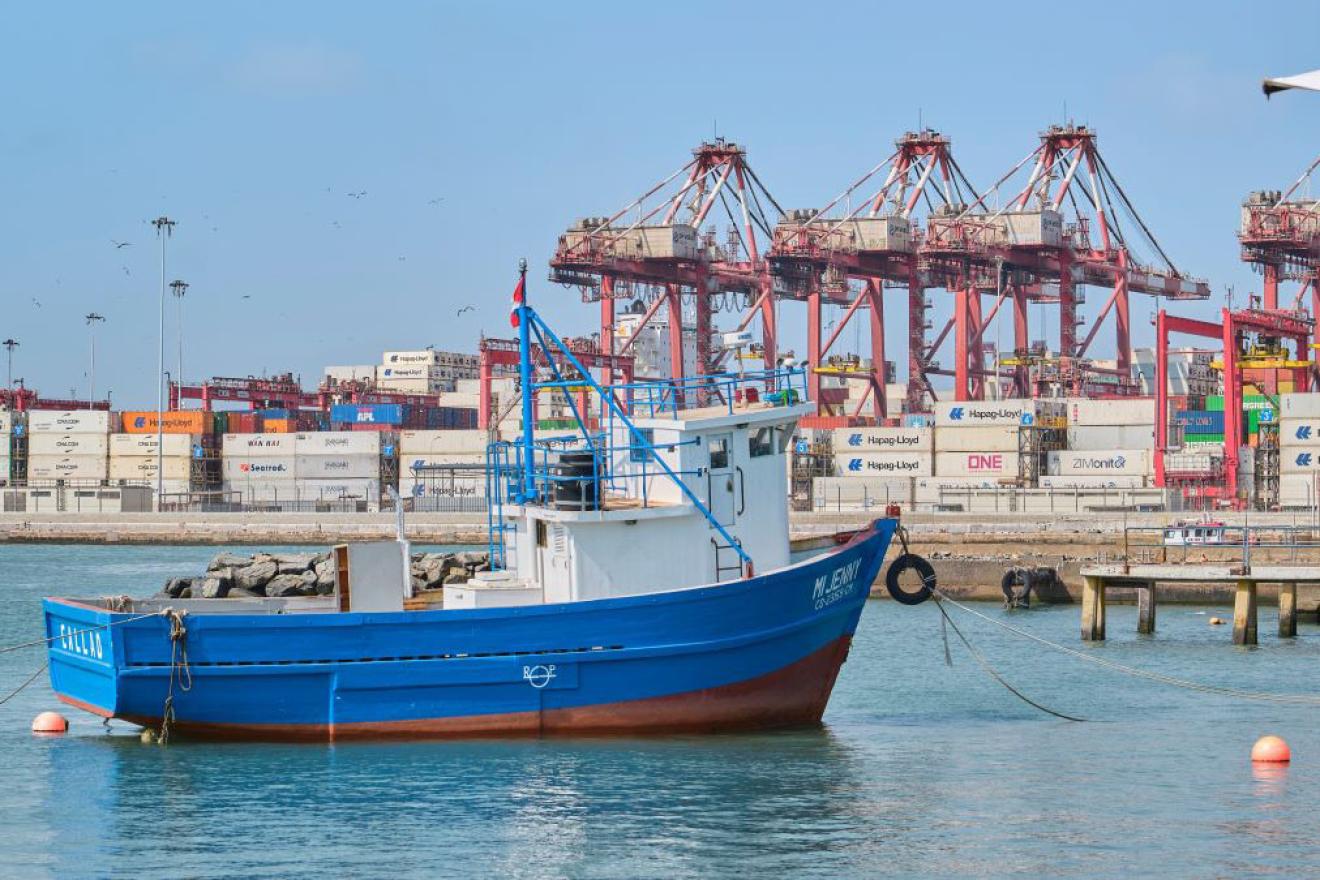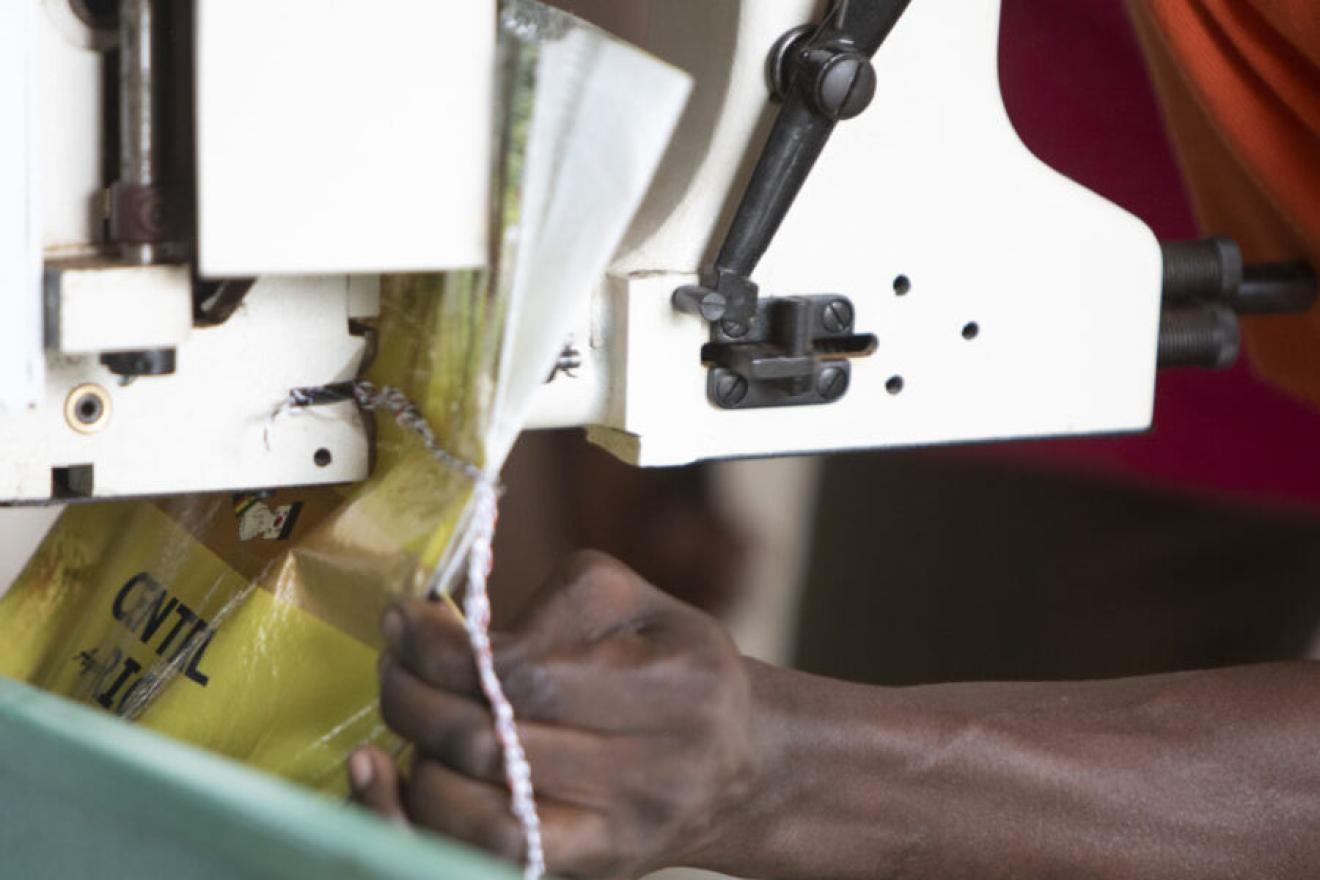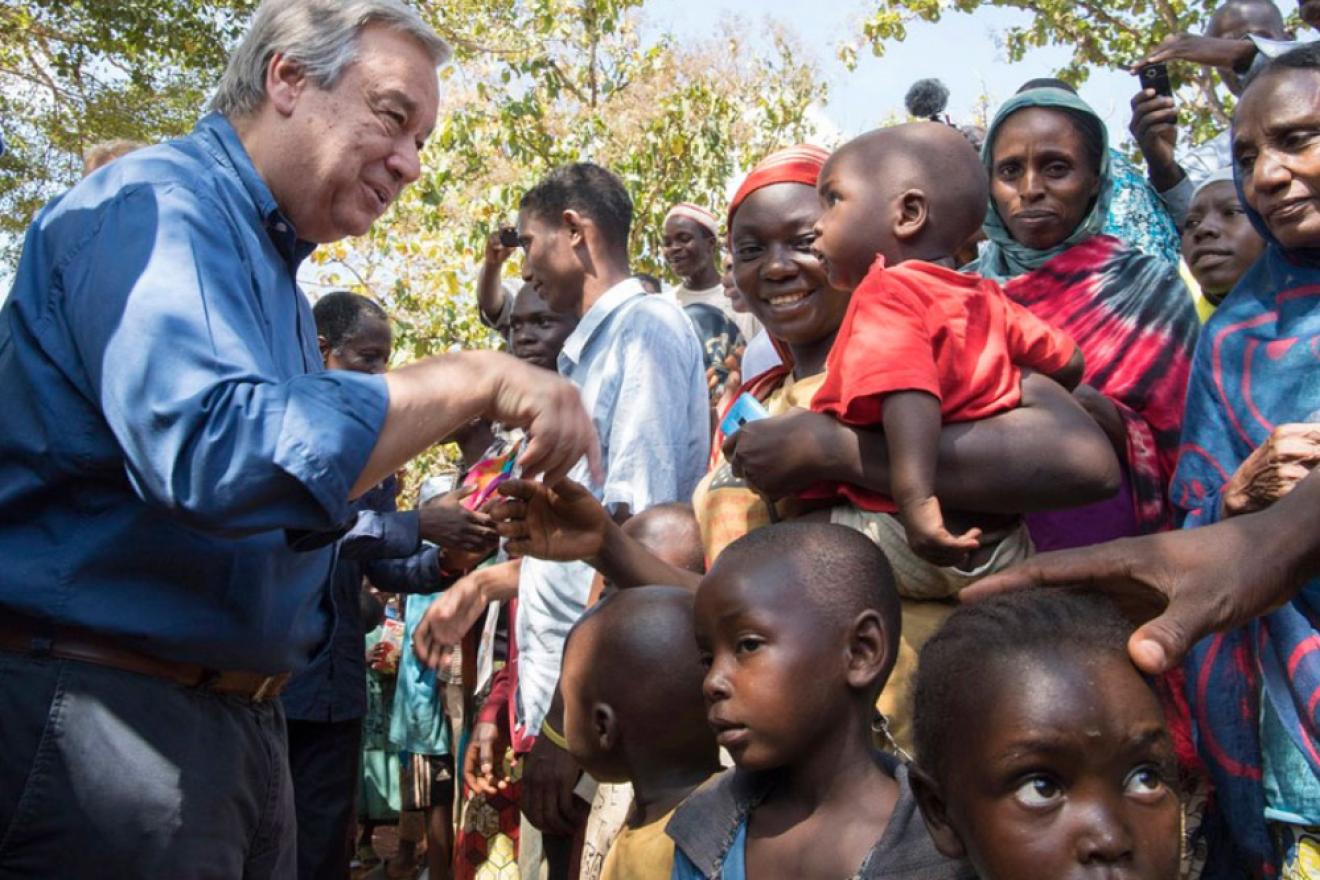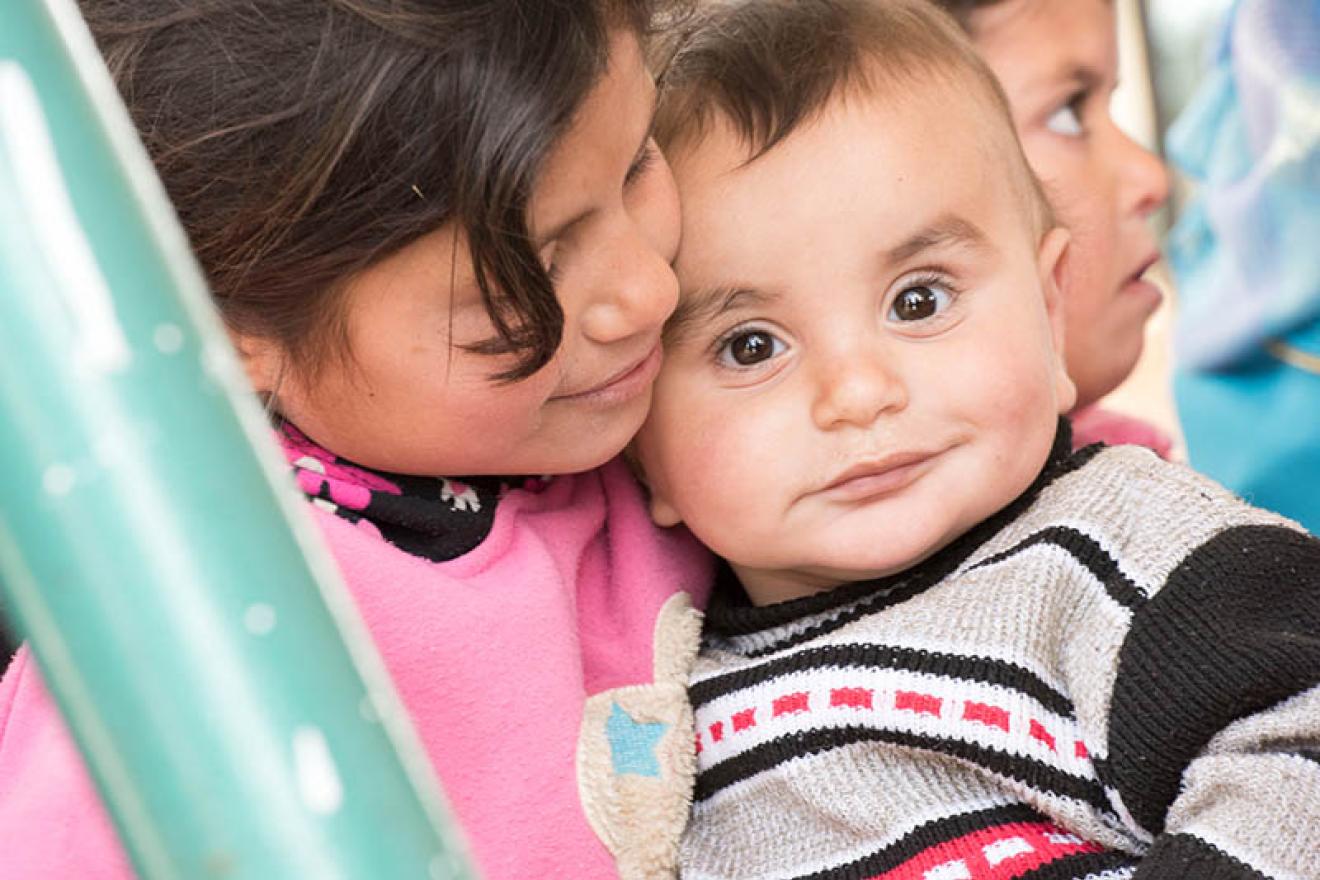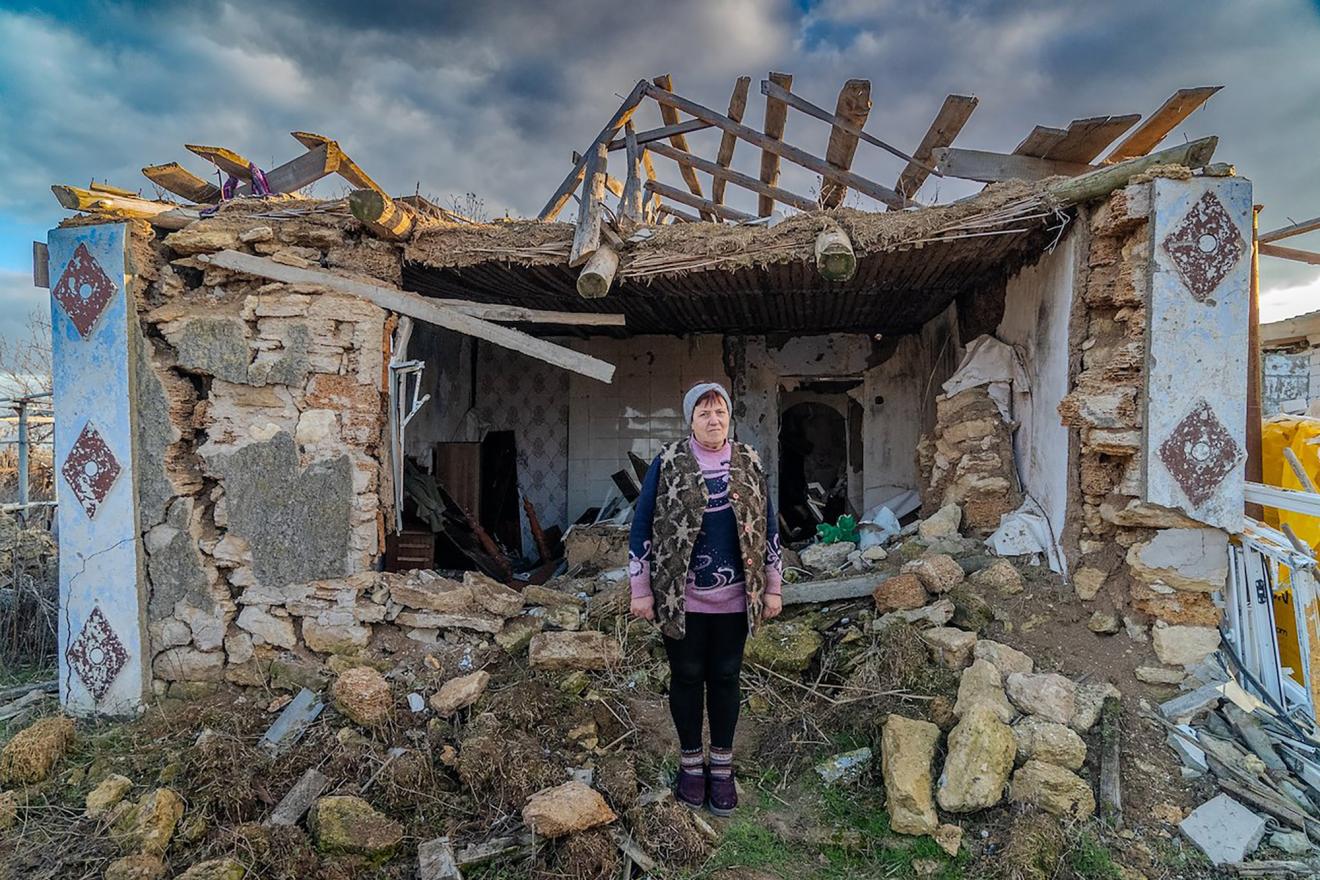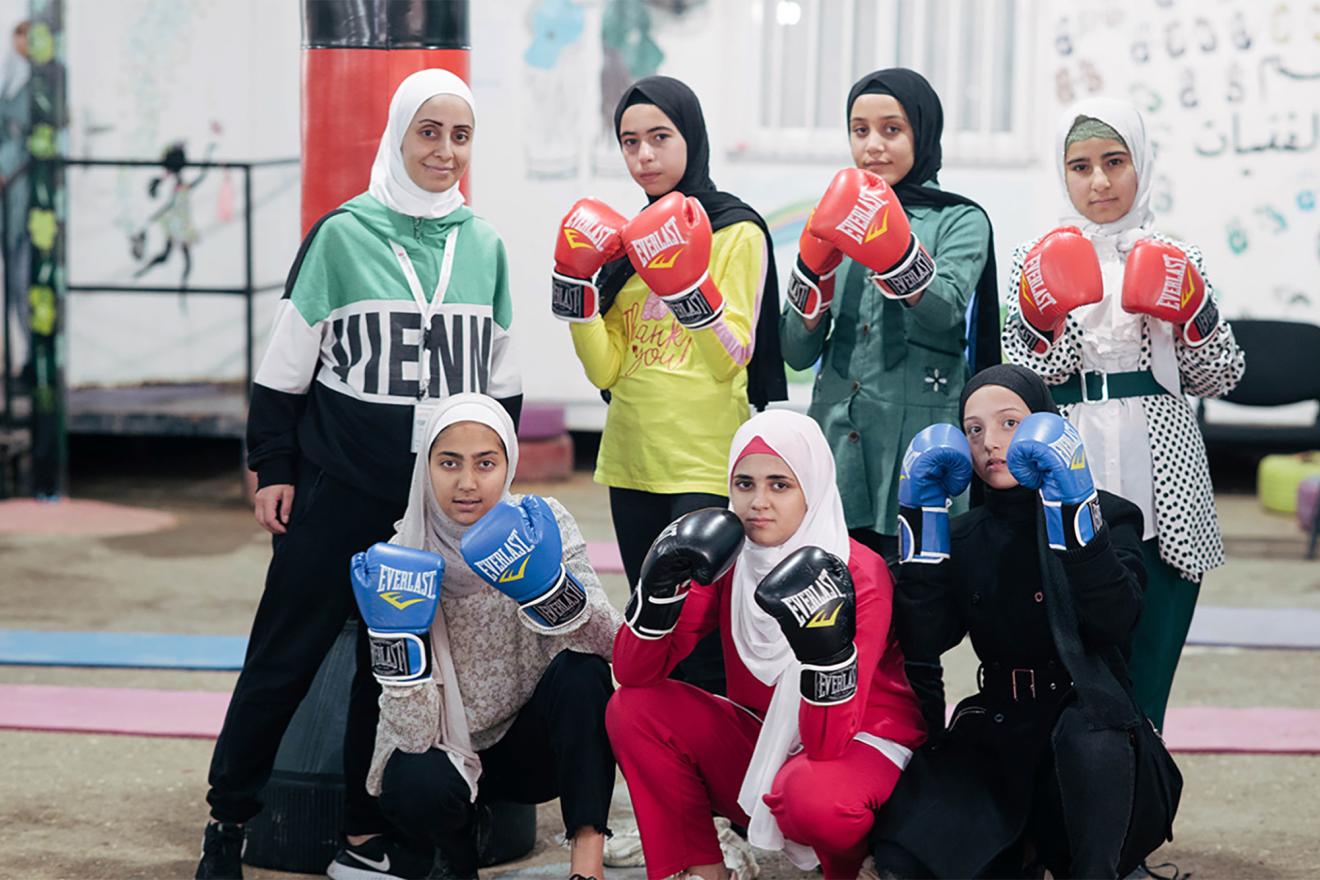ActNow is the UN campaign to inspire people to act for the Sustainable Development Goals (SDGs). In the lead up to the Summit of the Future, join the 1 Million Actions for our Common Future challenge to contribute to a more sustainable and peaceful world. Find new inspiring actions on the app and at un.org/actnow.
Let's renew our commitment to eliminate racism and discrimination
Between the 16th and 19th centuries, around 27 million Africans were forcefully taken from their homes and shipped across the Atlantic. Only 7.4 million reached their destination, where they faced exploitation and abuse. The impact of the slave trade persists, perpetuating racism and inequality. UNESCO established 23 August as the International Day for the Remembrance of the Slave Trade and its Abolition to bring attention to the history of enslavement. On this day, let's pay tribute to the victims and freedom fighters by renewing our commitment to eradicating racism and discrimination.
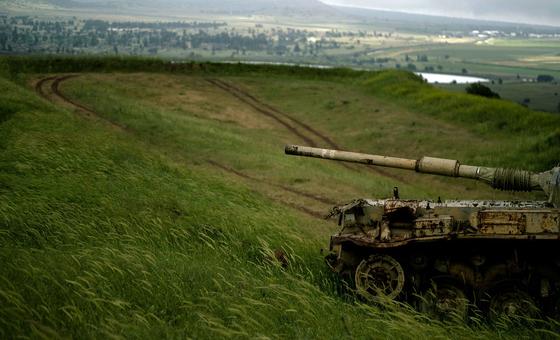
Middle East: ‘No time to lose’ in negotiating ceasefire and Gaza hostage release: Top UN envoy
25 August 2024 — Against the backdrop of another major escalation across the Blue Line dividing southern Lebanon and Israel on Sunday, the UN’s top Middle East envoy said on Sunday “there is no...
Gaza: First polio case confirmed in war-shattered enclave
23 August 2024 — A 10-month-old girl paralysed by polio in Gaza has become the first confirmed case of the deadly disease to be detected in the war-ravaged enclave in 25 years.
...Aid teams cite huge challenges in tackling new Sudan cholera outbreak
23 August 2024 — Protecting war-weary people in Sudan from a second deadly cholera outbreak is proving a huge challenge for aid teams after more than 16 months of heavy fighting, combined with...

